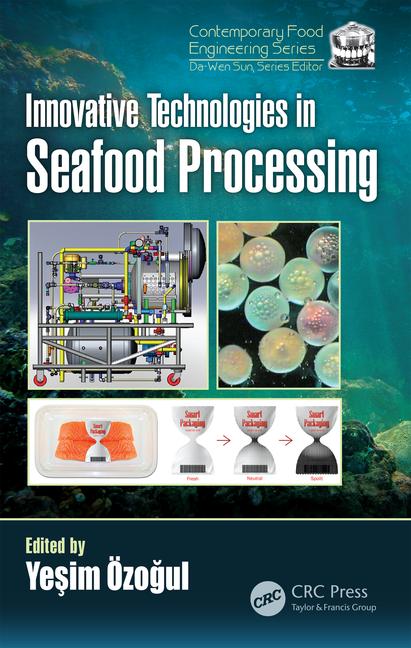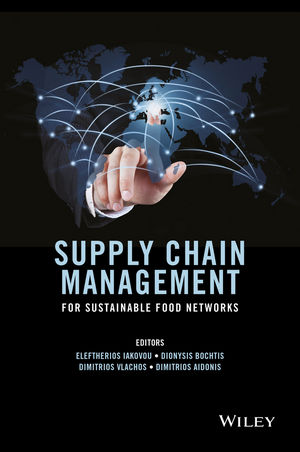Village Capital, a Washington, D.C.-based manager of an agriculture accelerator program, and QBE North America, a New York-based integrated specialist insurer, released a report on entrepreneurs innovating around sustainable food and agriculture practices.
The report covers three areas of innovation—improving efficiency on farms through precision agriculture; reducing food waste; and meeting consumer demand for environmentally-friendly food. The report also contains three takeaways that speak to ongoing conversations about diversity in tech, Silicon Valley's "monoculture of thought" and a potential Green New Deal.
"According to a recent report from the journal Nature, the way we farm, transport and consume food is on track to destabilize the planet's ecosystems, which means more extreme weather events, acidifying oceans, dying forests, soil depletion, droughts and dangerous reductions in air and water quality," says Allie Burns, managing director, Village Capital. "That's the bad news. The good news is that there are tangible solutions to avoid crossing these lines. They involve improving the efficiency of the world's farms, significantly decreasing food loss and food waste and shifting the world's population toward healthy, plant-based diets."
"QBE's commitment to both sustainability and innovation made this partnership with Village Capital a natural fit for us. We remain confident that startups have the ideas to address supply chain inefficiency and extend the shelf life of perishable goods using environmentally sound practices," says Ted Stuckey, managing director, QBE Ventures. "QBE Ventures looks forward to supporting innovation through our continued partnership with Village Capital."
The report draws on lessons from a 3-month investment-readiness program called Food and Agriculture: US 2018 managed by Village Capital in partnership with QBE Foundation, Campbell Soup Co., Camden, N.J., and UBS Group AG, Switzerland. The program was designed to train and invest in food and agriculture startups that are expanding access to sustainable, healthy and accessible agricultural goods. At the end of the program, Wexus Technologies, San Francisco, was selected by its peers to receive offers of investment.
"As a lead solutions engineer, my work involves identifying relevant technologies to assist small farmers in the challenges they face," says Brad Brasel, lead solutions engineer, NAU Country – A QBE Insurance Co. "Participating in the Village Capital program keeps us ahead of the curve by allowing access to emerging technologies while giving entrepreneurs deep insight into critical market needs by accelerating the creation of viable solutions."
Some of the other startups in the program are as follows:
- Athena Intelligence, Sacramento, Calif., provides data-driven services for the food and agriculture market, delivering insights that improve quality, crop yield and sustainability.
- Augean Robotics, Philadelphia, Pa., manufactures collaborative robots for outdoor work.
- Cambridge Crops Technologies, Somerville, Mass., creates natural and edible coatings for extending the shelf life of perishable goods.
- Cerahelix, Orono, Maine, manufactures advanced molecular filters that simplify the wastewater re-use process.
- Goodr is an Atlanta-based sustainable surplus food management company that leverages technology to combat hunger and reduce food waste.
- Grow Bioplastics, Lenoir City, Tenn., develops a platform of naturally degradable and compostable plastics made from lignin, a waste product of the paper and biofuel industry, for applications in agriculture, foodservice packaging and beyond.
- ProteoSense, Columbus, Ohio, provides food processors with a biosensor technology that detects pathogens at the front end of the supply chain in 90 minutes or less.
- Seal the Seasons, Hillsborough, N.C., brings farm-to-table products to grocers year-round by freezing and marketing local food from local farms.
- SwineTech, Cedar Rapids, Iowa, provides technologies to prevent piglet deaths due to disease, starvation and crushing.









